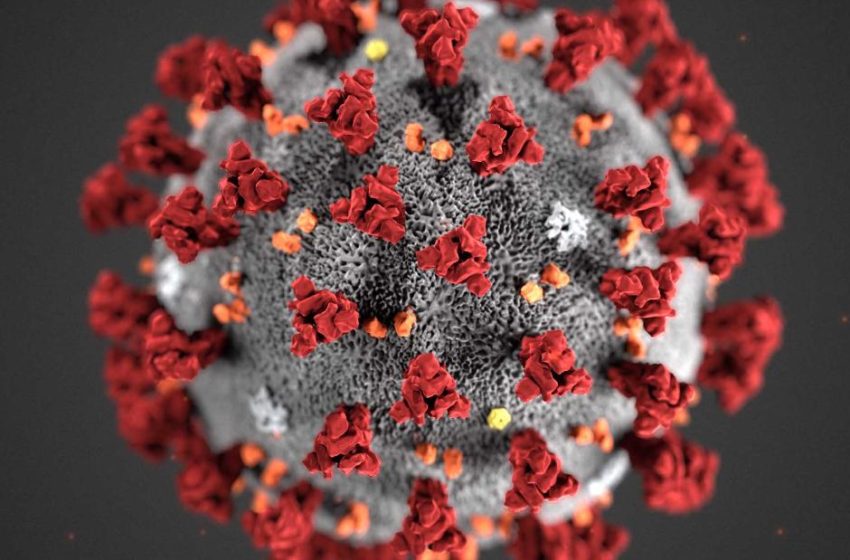Those of you who have been in my various classrooms know that I am prone to rant. What follows is a rant. A really soft, well-intentioned rant. I’d like to re-frame the chaos we are in, suggest you consider intentional living, learn a new skill and set up a new normal.
First of all. We are not going back to normal. I’m totally OK with that. Normal for many of us had lives that involved inhaled cups of coffee or guzzled energy drinks, too little sleep, financial decisions based on someone else’s opinions, and hurried non-nutritional meals. Was all of that “normal” good for you? I think not. Try not to yearn for what just about caused your demise. Think about that for a minute.
Minute is over. Secondly, this is a great time to take an inventory of your skills and blessings and begin to live intentionally. Breathe like your life depended on it, because it does. Breathe deeply and with a soulful rhythm. Got your breathing at a good pace? Good, now think. Does the action you are about to undertake lead you closer to a life goal or make you step away from those goals. If you don’t know what you are good at, or what your goals might be, at ask a friend, mentor, advisor or valued family member, but mostly think.
Third, remember what you have been taught and know to be true. Those who seek educational experiences of all sorts have learned to set goals, make plans, never stop learning and invest in themselves on a regular basis. The drummer in my favorite jazz band (yes, I am a groupie of some things) took just enough classes in music and business at SCSU to build a stellar career. You know how to find what you need. Use those skills.
If you are full of anxiety about COVID-19, political unrest, racial inequities take what you know to do, critical thinking, and look at data from across the spectrum of media and social media. After you look at the data make a plan. Then act. Then re-evaluate the data and adjust your plan. A good model for data collection and thinking about COVID-19 is from my favorite statistics professor, Dr. David Robinson, now retired from SCSU. He has a blog that looks at data associated with COVID19 spread right here in St. Cloud. There is medicine, history, human behavior, risk analysis and public health ideas all rolled up in data. I also like the TedTalks by Brene Brown about vulnerability. You know how to think critically. Grab the data and make some sense of your thoughts and angst.
Now for some practical advice:
- Don’t waste your isolation and forced change. One of the big complaints I hear from adults of all ages is that “with all the time I have available I should be able to get way more done than I am.” Some bloggers have suggested you cut yourself some slack, sleep in and binge watch Netflix. My take on the situation is a bit different. Most people I know who are building homes, investing in family and friends, writing books, developing patents, starting businesses don’t rely on big chunks of time but set aside small reachable goals each day. Yes, they work long hours but they don’t wait for the perfect time to do critical work. They do critical work each day. So, do that. Find a proximal goal and take a step toward that goal each day. If we were watching baseball I’d advocate for “small ball” rather than always hitting a home run. Find a completable task and do that each day.
- Be aware of what is influencing your thoughts and desires. My guess is that with all the media we are watching our thoughts are about pent up consumption and need for distraction. Is that what you really want to be thinking about each day? Inventory your thoughts and influencers; what isn’t good for you drop, change or reprioritize.
- Learn a new skill. For example, I’m learning how to cook and eat kale. This is definitely a skill set that takes a while to master. What skill do you need or want to learn? Writing more clearly? Dog training? Cartooning? How to change a spark plug? Calculating your carbon footprint? How to make a box out of wood? Again, small steps each day toward the skill. Sometimes the skill involves talking to someone with that skill and learning from them as a mentor or instructor. One of my hobbies is cooking foods on my smoker. I could learn to do so just by reading but it is much more interesting to talk to and learn from others who share the same passion. Social distancing over a platter of ribs is good for everyone involved, in my opinion.
- Identify your emotions and name them. Are you feeling anxious? Fearful? Frustrated that you can’t know what is going to happen next? Then do something to keep your emotions healthy: adequate sleep; good nutrition; enough exercise. Rather than see emotions as an end point use them as an indicator or one of your senses. As you may know, I think emotions can be as useful as sight, hearing, smell, taste or touch. Your emotions shouldn’t drive your behavior but tell you about your environment and help you make choices. Decisions make in anger, fear or anxiety are seldom good decisions. Or put another way, your emotions should “inform” your world but not be your world.
- My last piece of advice is to find something that gives you joy or laughter and embrace that each day. Funny movies? Comic books? Discussion with a friend or family member that is always lighthearted? A walk in the woods? I’ve come to appreciate the comic strip “Frazz” for the clever writing and a child’s take on an adult world. Music? I’ve recently discovered John Prine, who wouldn’t smile when they sign along with “Dear Abby?” Laughter will reset your mood, maybe reset your immune system and certainly make you a better friend.
Finally, I’m going to urge you to listen. Whatever actions need to be taken about safety, health, race and economic equality needs to start with listening. Hear and learn. Put your ideas of economic and justice aside and hear the other person. What makes any of us complete is to know others and be known by others, deeply and intimately. If you can’t safely know and be known in a conversation or relationship you need to change your listening skills, be less defensive or step out of the relationship or conversation. You know those great conversations that seem to last minutes when in fact they last hours? In those moments you and the other person are known. Strive for that.
Enough advice. Get on with your life. Set a new normal. Be healthy. Take steps toward a goal. Identify your emotions. Know and be known.
See you in the classroom,
Dr. Godding



Michael PetersonAugust 22, 2020 9:30 am
Ha, this is awesome! I did not know you had a blog. I guess I know where a large chunk of my morning is going…
Also, this is my first time ever commenting on a blog post.